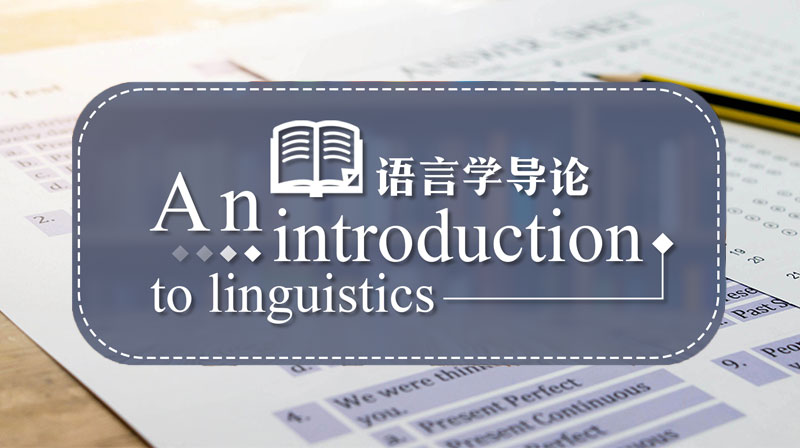第六章测试1.Promising, undertaking, vowing are the most typical of the_______. ( )
A:expressives
B:directives
C:commissives
D:declarations
答案:C
2.What essentially distinguishes semantics and pragmatics is whether in the study of meaning _________ is considereD.( )
A:context
B:practical usage
C:speech act
D:reference
3.A sentence is a _________ concept, and the meaning of a sentence is often studied in isolation. ( )
A:conceptual
B:pragmatic
C:mental
D:grammatical
4.Which of the following is true?( )
A:Some utterances cannot be restored to complete sentences.
B:Utterances usually do not take the form of sentences.
C:All utterances can be restored to complete sentences.
D:No utterances can take the form of sentences.
5.According to Searle, the illocutionary point of the representative is ______.( )
A:to get the hearer to do something
B:to express the feelings or attitude towards an existing state of affairs
C:to commit the speaker to some future course of action
D:to commit the speaker to something’s being the case
6.All the acts that belong to the same category share the same purpose, but they differ _________. ( )
A:in their strength or force
B:Ibn their intentions expressed
C:in their effect brought about
D:in their illocutionary acts
7._________ is advanced by Paul Grice. ( )
A:Cooperative Principle
B:Politeness Principle
C:Adjacency Principle
D:The General Principle of Universal Grammar
8.Pragmatics treats the meaning of language as something intrinsic and inherent. ( )
A:错 B:对 9.It would be impossible to give an adequate description of meaning if the context of language use was left unconsidered.( )
A:错 B:对 10.What essentially distinguishes semantics and pragmatics is whether in the study of meaning the context of use is considered.( )
A:对 B:错
温馨提示支付 ¥3.00 元后可查看付费内容,请先翻页预览!



